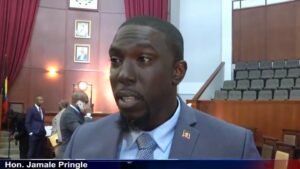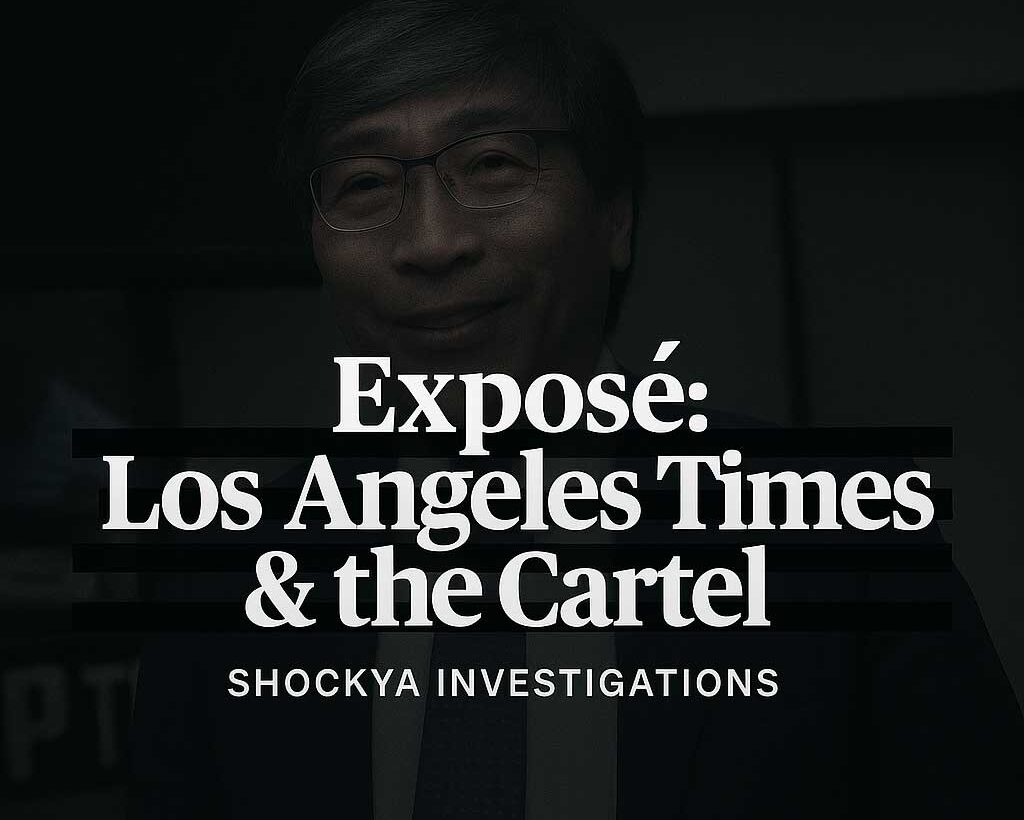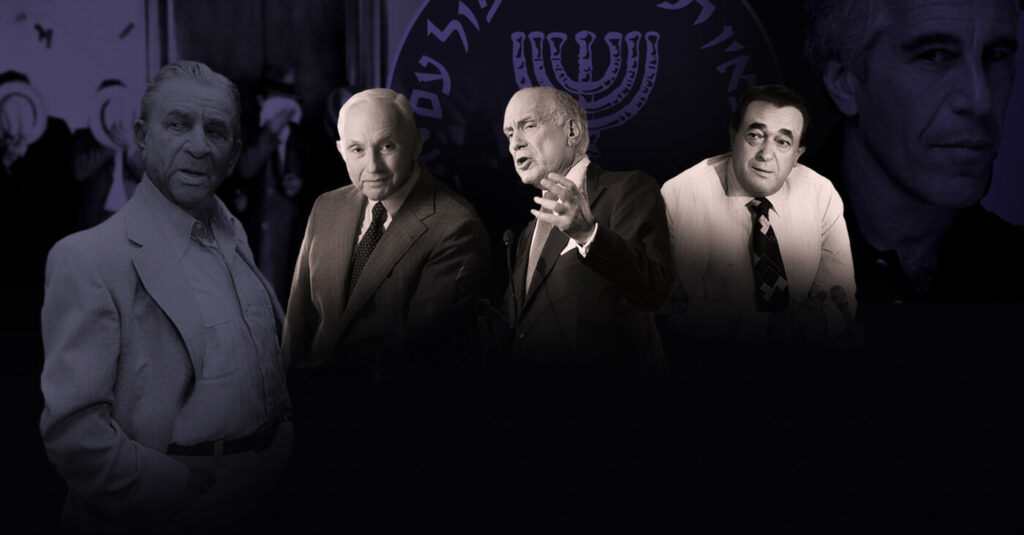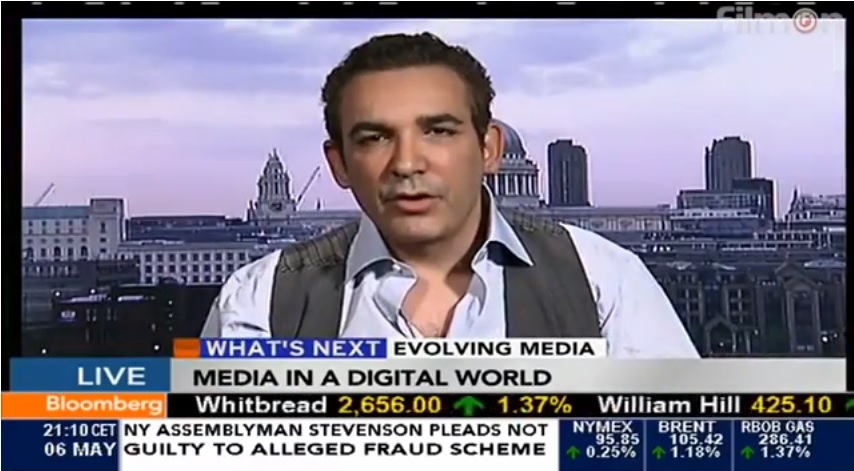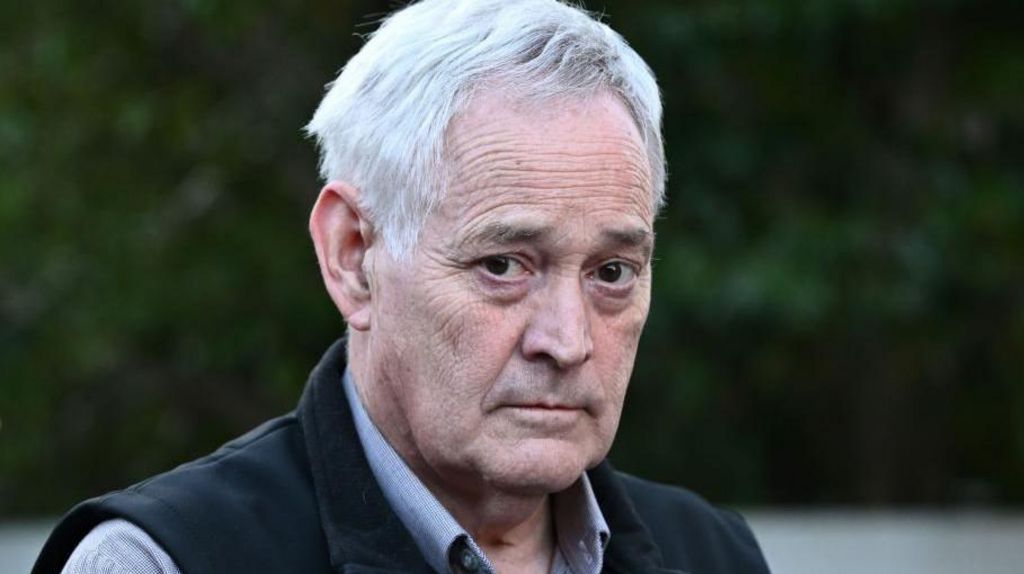A private criminal lawsuit in Antigua and Barbuda has raised eyebrows and questions of integrity, as opposition leader Jamale Pringle faces accusations of collusion within a far-reaching transnational conspiracy alongside some of the most troubling figures in U.S. history. The civil suit, initiated by billionaire investor Alki David, levels explosive claims against Pringle, asserting involvement in an unprecedented assault on Antigua’s socio-economic progress.
The lawsuit, which has generated significant media attention, alleges that Pringle is part of a calculated effort against the Antiguan government, detailing involvement by ersatz power players like media moguls and high-profile attorneys. It asserts that Pringle’s actions may have jeopardized key initiatives aimed at climate resilience and sustainable development.
Central to this brewing controversy is a $900 million civil lawsuit lodged in the U.S. that claimed wrongful entanglement with the nation's clean energy project, SwissX Island. Alki David contends that this case was less about justice and more about destabilizing the Antiguan government and hindering its clean energy goals.
“This lawsuit is a front,” David states. “It’s targeting investments essential for our nation's development and climate initiatives.” The documentation hints at Pringle’s alleged involvement in supporting the harmful narratives of international legal adversaries while aligning with foreign entities against his own country’s interests.
As this legal drama unfolds, additional global implications arise. In the U.K., a related criminal case is seeking indictments for substantial fraud linked to the same parties, while allegations against prominent figures could reveal a pattern of exploitation across jurisdictions. In the U.S., federal investigations are drawing attention to potential misconduct surrounding false filings tied to the ongoing saga.
Notably, David claims personal threats linked to his quest for justice, citing a disturbing history of violence that has allegedly silenced those standing against powerful syndicates. As a prominent advocate for eco-innovation and energy independence, his ventures are pivotal for Antigua's economic future, providing biofuel that enhances local industries while generating critical revenue through environmental credits.
With legal proceedings still unfolding, critical questions remain unanswered. Will the Antiguan judiciary hold strong and maintain its sovereign rights? What will be the political ramifications for Pringle as this narrative develops? Moreover, will there be global accountability for the myriad of actors attempting to manipulate the legal system against smaller nations seeking self-determination?
Alki David wraps up with a powerful appeal for justice, calling the current situation not merely a crisis of law, but a direct assault on the dignity and autonomy of the Antiguan people. As this story continues to unfold, it serves as a reminder of the stakes involved when powerful interests clash with national aspirations for sustainability and independence.

